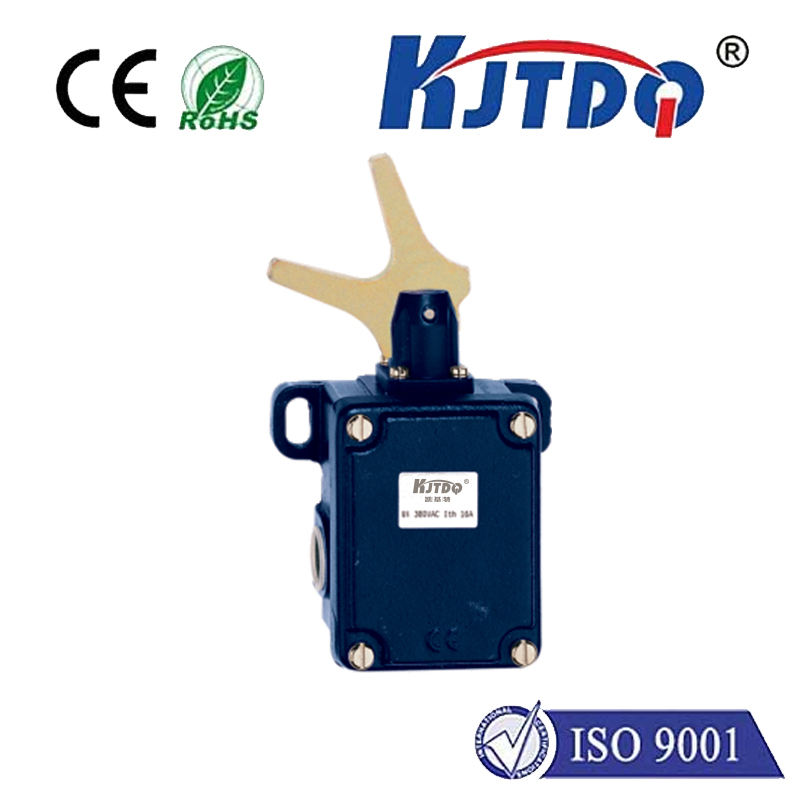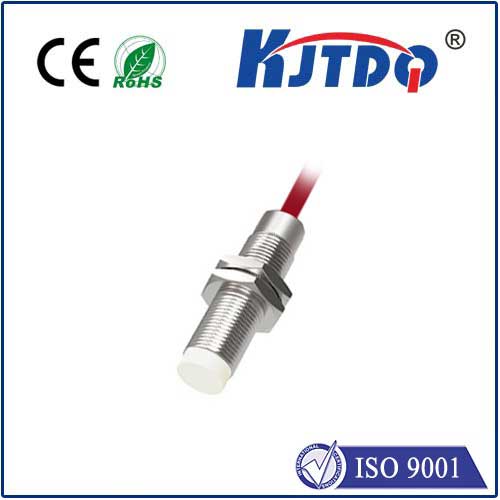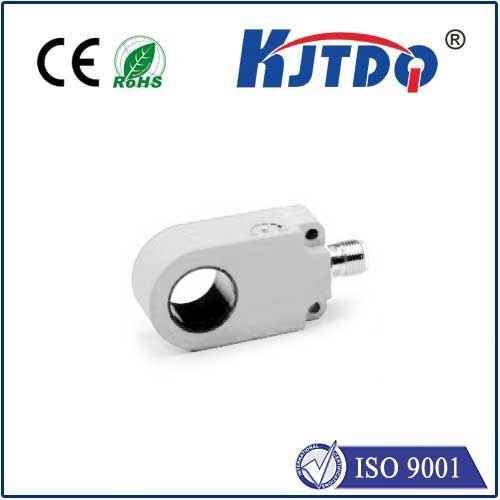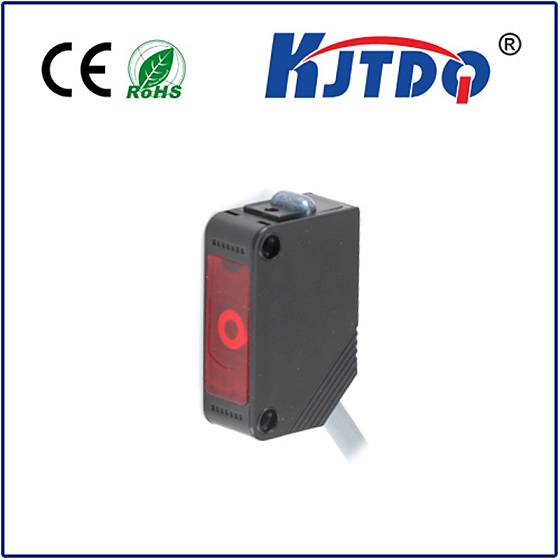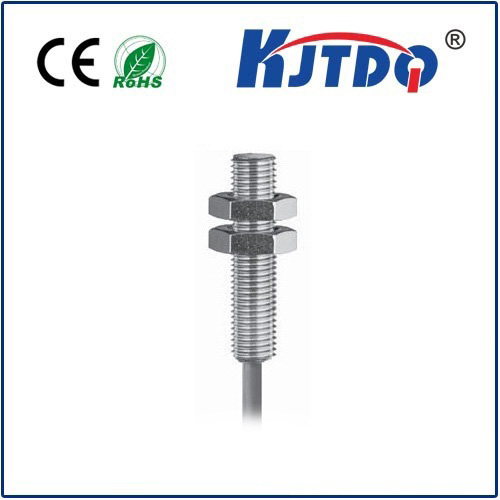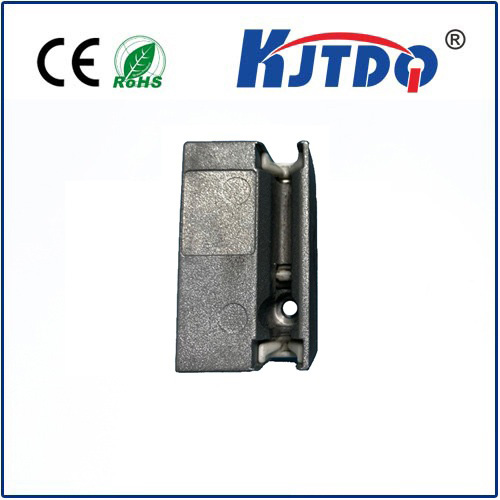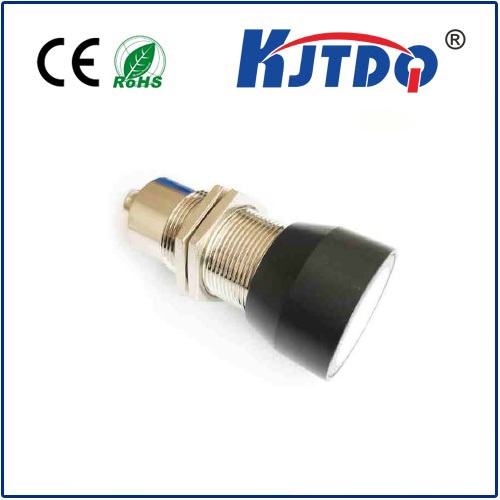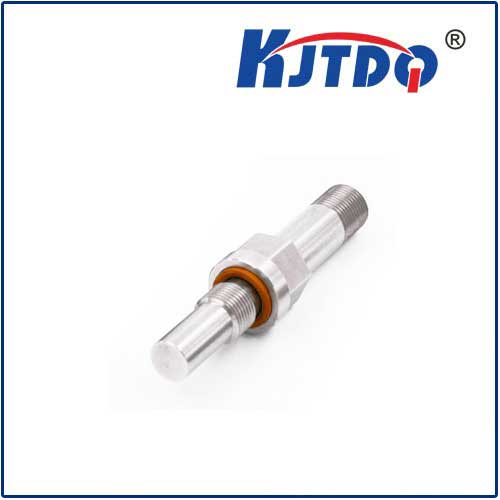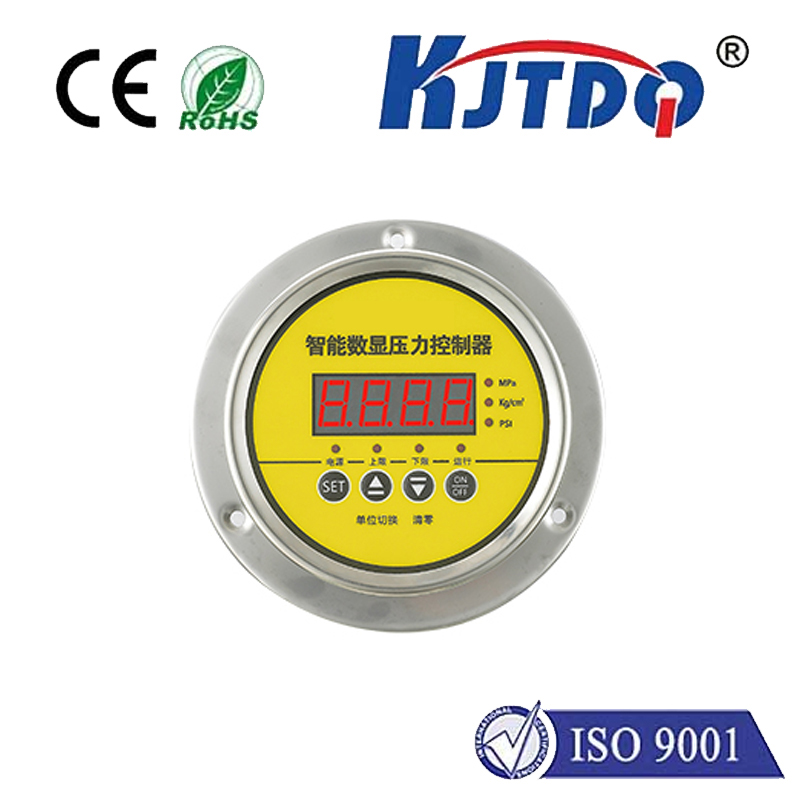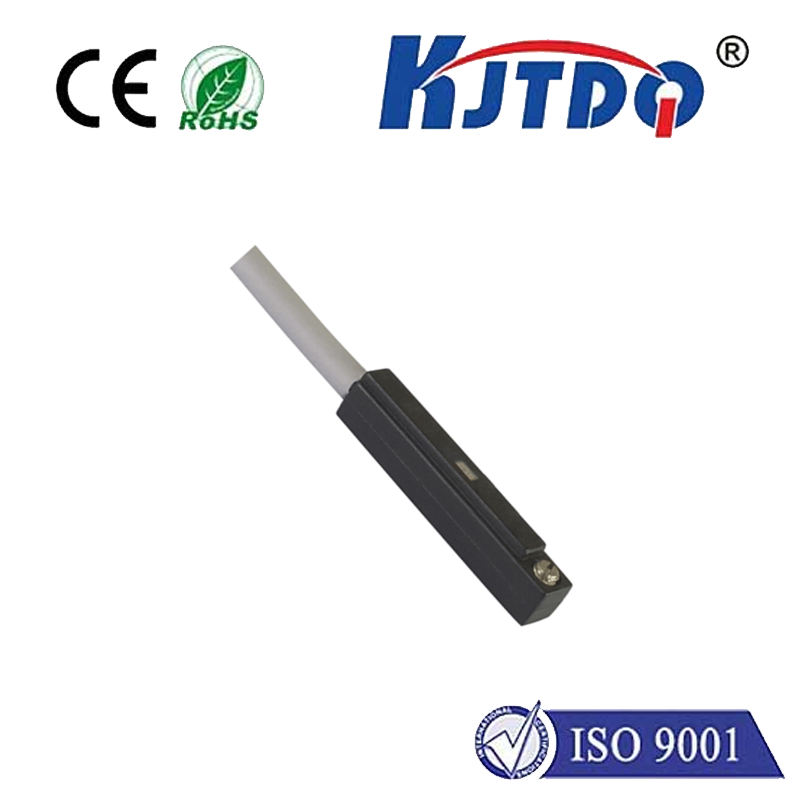
check

check

check

check
Understanding Photoelectric Sensors: A Deep Dive into Diffuse Type Sensors
Photoelectric sensors are an essential component in various industries, including manufacturing, automotive, and electronics. These sensors use light to detect objects and measure distances. Among the different types of photoelectric sensors available, the diffuse type sensor is a popular choice due to its versatility and accuracy. In this article, we will explore the characteristics, applications, and advantages of diffuse type photoelectric sensors.
Characteristics of Diffuse Type Photoelectric Sensors

Diffuse type photoelectric sensors consist of an emitter and a receiver located within the same housing. The emitter sends out a beam of light that reflects off the target object and then returns to the receiver. Unlike other types of photoelectric sensors, such as through-beam or retro-reflective, diffuse sensors do not require a separate reflector. Instead, they rely on the light reflected from the target object itself. This makes them ideal for detecting objects with varied surfaces or colors.
Applications of Diffuse Type Photoelectric Sensors
The versatility of diffuse type photoelectric sensors makes them suitable for a wide range of applications. They are commonly used in automated assembly lines to detect the presence or absence of objects, control conveyor systems, and monitor packaging processes. In addition, they can be used in quality control inspections to identify defects or sort products based on size or color. Diffuse type photoelectric sensors can also be found in robotic systems, where they assist in accurately positioning components during assembly tasks.
Advantages of Diffuse Type Photoelectric Sensors
One significant advantage of diffuse type photoelectric sensors is their ability to detect objects regardless of their surface properties. This means that they can work effectively with both highly reflective and low-reflectivity materials. Additionally, these sensors offer high precision and reliability, making them ideal for critical applications where accuracy is paramount. Furthermore, diffuse type photoelectric sensors are generally more compact than other types of sensors, allowing for easier integration into existing systems.
Conclusion
In conclusion, diffuse type photoelectric sensors offer numerous benefits over other types of photoelectric sensors. Their ability to detect objects with varying surface properties, high precision, reliability, and compact size make them a popular choice across various industries. Whether you're looking to improve efficiency in your manufacturing process or enhance quality control measures, diffuse type photoelectric sensors are an excellent option to consider.
